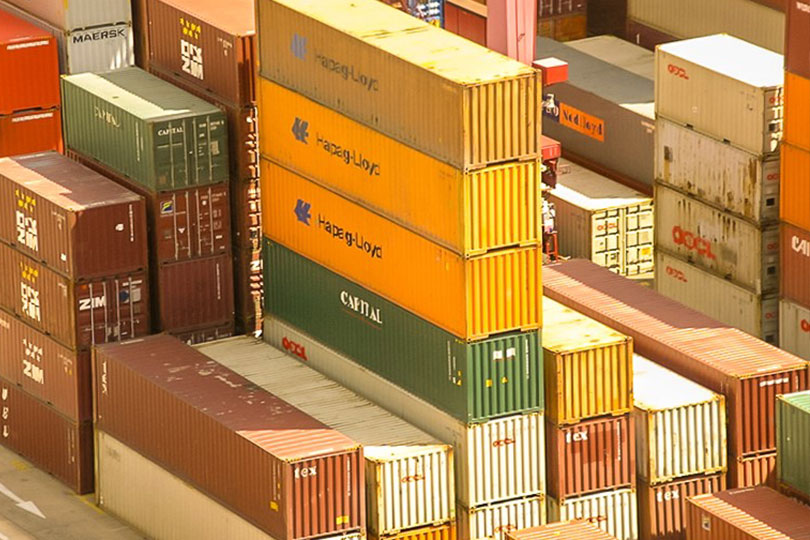By Jennifer Whitlock
Field Editor
The Ocean Shipping Reform Act (OSRA) is headed to the U.S. Senate after overwhelmingly passing the U.S. House of Representatives by a vote of 364-60.
Since the onset of the COVID-19 pandemic, the bill’s author, Rep. John Garamendi of California, said multiple U.S. agricultural exporters have contacted his office to say vessel-operating common carriers (VOCCs) are refusing to book their exports. Instead, overseas companies are paying the VOCCs to deadhead empty containers back to Asia-Pacific to be filled with foreign exports.
Under the legislation, VOCCs would not be able to leave American-made goods and commodities sitting at U.S. ports. Expensive detention and demurrage charges incurred by containers stuck in limbo at U.S. ports would also be reformed.
The bill has support from many agricultural and forestry product groups, including American Farm Bureau Federation (AFBF), since its introduction.
In a letter to the members of the House, AFBF President Zippy Duvall noted shipments of empty containers from California’s three major ports rose 56% in 2021 from the 2018-2020 average.
“Compared to the first quarter of 2020 alone, the first quarter of 2021 saw an 80% increase in empty export container units,” he wrote. “At the Port of Los Angeles, in the first half of 2021, nearly 75% of all exported containers were empty.”
The cost to ship a container has increased between 300 and 500% in the past two years, according to a September letter sent by more than 70 agricultural organizations to President Joe Biden. The groups said more than 10 to 40% of export value is lost by farmers and ranchers due to those added costs.
U.S. dairy groups said the issues at U.S. ports have cost dairy farmers and associated businesses nearly $1 billion in additional expenses and lost sales this year. They worked with Garamendi and co-author Rep. Dusty Johnson on drafting OSRA. The dairy sector is heavily reliant on exports for growth.
Last year, exports of U.S. milk solids hit a record high, with 16% of all U.S. production being sent to other countries, according to the U.S. Dairy Export Council (USDEC).
“While dairy exports are on track for a record year in 2021, it is important to consider how much more the United States could have exported without the onslaught of shipping challenges and fees this year has brought,” Krysta Harden, president and CEO of USDEC, said in a joint statement with the National Milk Producers Federation. “We worked from the beginning of this year on generating the broad bipartisan support demonstrated…both to alleviate the short-term congestion and to ensure that the reputation of the United States as a reliable supplier is not further jeopardized.”
The world’s largest retailer association, the National Retail Federation, also supported the OSRA.
“The Shipping Act has remained unchanged for nearly 20 years as the global supply chain has continued to grow and evolve to meet increased consumer demand,” Senior Vice President of Government Relations David French said. “These improvements could not come at a more critical time as the amplification from the pandemic has been severe.”
The bill now moves to the Senate, where Johnson, who represents South Dakota and its strong agricultural economy, said he expects some changes.
But he hopes the robust majority vote in the House sends senators a message—shipping reform is desperately needed for farmers, ranchers and other U.S. businesses to continue to grow and thrive.
“We’ve all been impacted by the backlog in the supply chain and shipping delays,” Johnson said. “China and the foreign flagged ocean carriers aren’t playing fair, and accountability is long overdue. If you want to do business with American ports, you need to play by our basic rules. The Ocean Shipping Reform Act puts American consumers, farmers, ranchers, retailers, truckers, manufacturers and small businesses first.”

